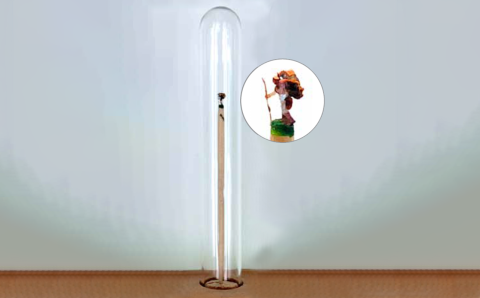Too often, sin is reduced to a list of wrong actions—lying, cheating, stealing. But Scripture shows us that sin is far more than bad behavior. At its root, sin is a broken relationship: with God, with one another, and even with creation. It’s not just about doing wrong; it’s about turning away from love, trust, and communion. When Adam and Eve sinned, their first response was to hide. Their relationship with God—and with each other—was fractured.
Throughout the Bible, God’s desire is not just to correct human behavior but to restore relationship. Jesus didn’t come only to condemn sin but to reconcile us to God. His life and death show that God wants more than rule-followers; he wants children who live in trust, love, and surrender (John 3:17).
Seeing sin through the lens of relationship changes everything. It humbles us. It makes us less judgmental. It shifts the focus from pointing fingers to opening arms. When we reduce the Christian life to avoiding sin, we become self-focused—obsessed with our own standing before God and quick to judge others who stumble. But when we understand sin as a wound in relationship, we see the need for healing, reconciliation, and grace—not just for ourselves, but for the world.
This is especially important for younger generations to grasp. They long for authenticity, connection, and purpose. They are not just sinners to be corrected; they are co-workers in God's mission to redeem the world. But for God to truly use us all—young and old—in this redemptive work, we must surrender fully. That means giving up control, letting go of pride, and offering our lives to be shaped and led by him.
Surrender is not weakness. It is the doorway to transformation. Only when we give our hearts, desires, and futures to God can he work through us to heal what’s broken. Only then can we reflect Christ’s love, justice, and mercy in a hurting world.
Sin breaks. Jesus restores. And we—through surrendered lives—are invited to join him in that restoration. This is the gospel: not just a call to stop sinning, but a call to come home, to be changed, and to be sent out in his name. When we understand sin as a broken relationship, we stop asking, “How do I keep from sinning?” and start asking, “How can I help bring healing?” That’s the life God longs for us to live.
About the Author
Marguerite Ridder is a retired office manager with a love for reading and writing. She and her husband, John, are members of Water Street Christian Reformed Church in Guelph, Ont. They have three children, seven grandchildren and three great-grandchildren.









